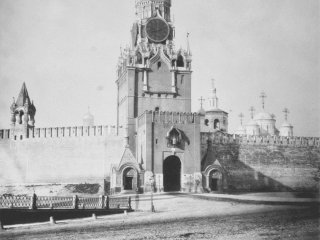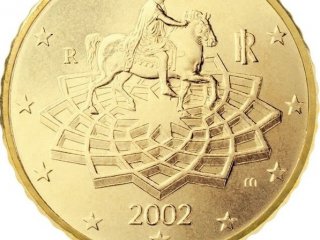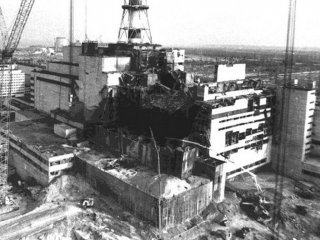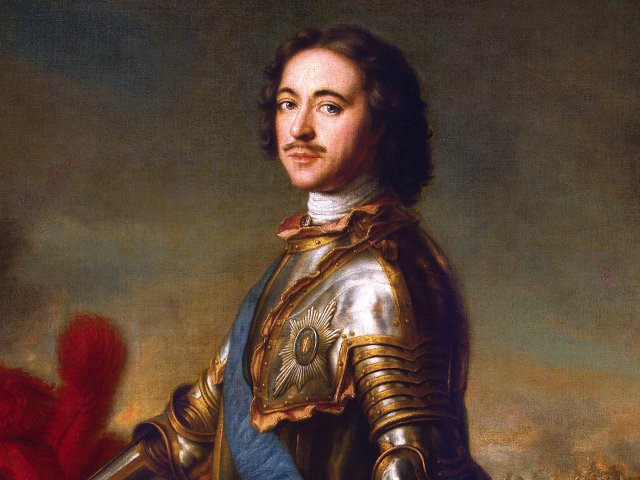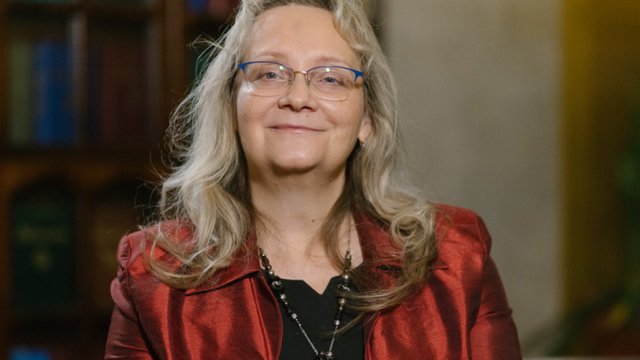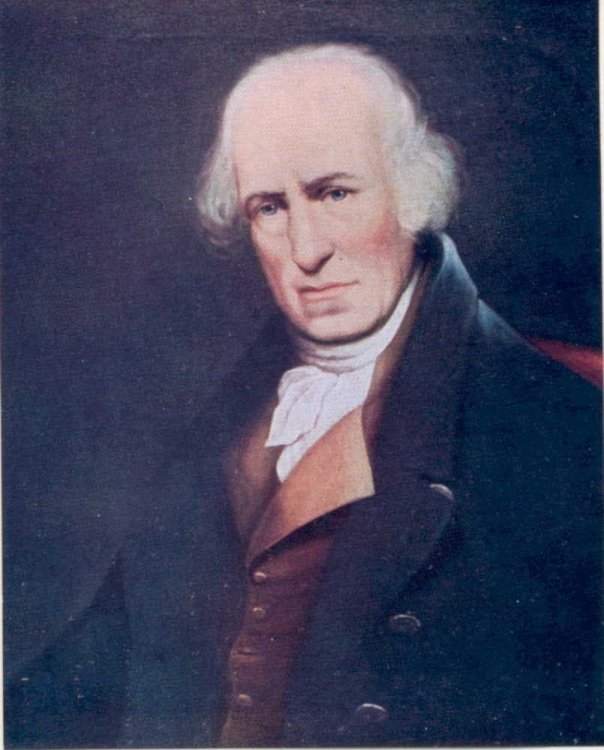
Together with other great people of England, James Watt is buried in Westminster Abbey. His tombstone has the following epitaph: “Enlarged the resources of his country, increased the power of man, and rose to an eminent place among the most illustrious followers of science and the real benefactors of the world.” This is absolute truth: he really enlarged, increased and rose. Watt is included in a short list of scientists whose names have become common nouns and denote physical units. Letter w standing for “Watt” is written on every light bulb. Isn’t it the pinnacle of recognition? They say that once, when he was a child, 12-year-old James got his gruel for fiddling around with a kettle while drinking tea. He was sitting at the tea table and silently dealing with a boiling kettle for an hour: he used to open and close its lid, then put a saucer or a spoon to it and watch the falling drops of water. Another version says that James Watt arrived at the idea of creating a steam engine by observing the dancing lid of a pot. However, no matter what actually prompted him – it is important what happened as a result: today James Watt is revered as a creator of the steam engine and a father of the industrial revolution. While proving that the steam engine can replace several horses, James Watt invented the term “horsepower” that he proposed as a unit of power. Watt did not know that in 1882, almost 100 years after he had invented the steam engine, the British Science Association named the unit of power after him. This was the first time this had happened in the history of engineering. By the way, James Watt was almost hooked by a Russian bear with its paw. Saint Petersburg Academy of Sciences invited the renowned engineer to work in Russia. He was offered “an occupation fitting his taste and knowledge” and an annual salary of 1,000 pounds sterling. Poet Erasmus Darwin was begging him not to go there: “Lord, how frightened I was, when I heard a Russian Bear had laid hold of you with his great Paw, and was dragging you to Russia! Pray don’t go, if you can help it... I hope your Fire-Machines will keep you here.” The hopes for the Fire Machine came true: Watt did not go to Russia.
